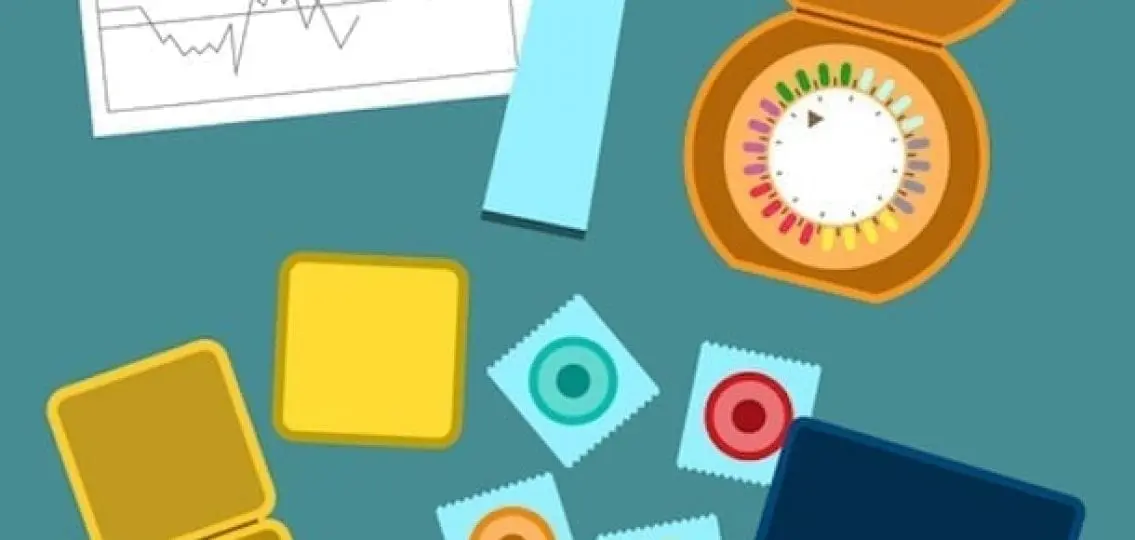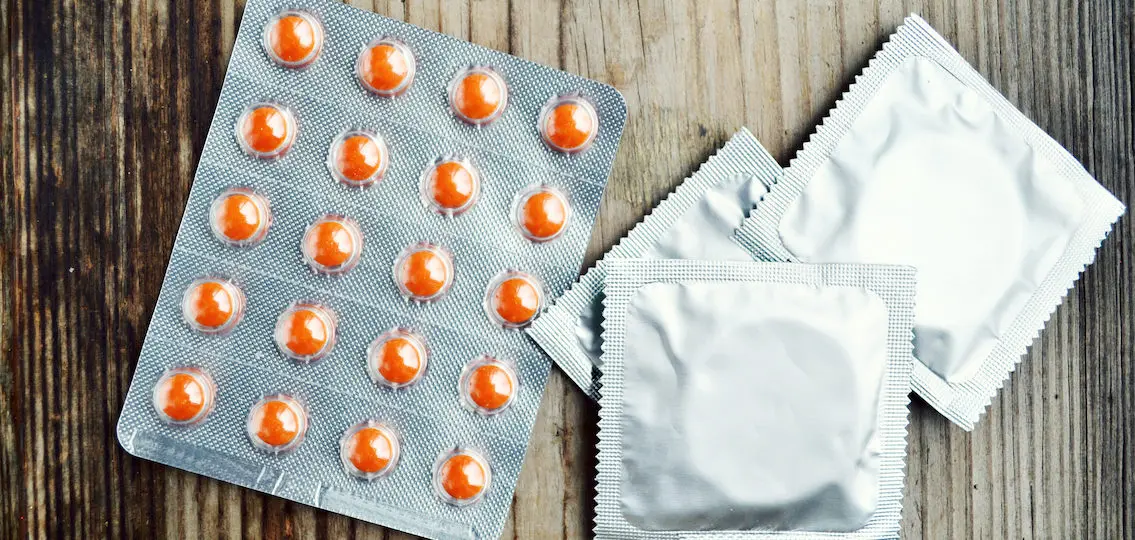Talking with your teen about birth control probably isn’t your favorite conversation topic, but it’s important. What should you and your teen know about birth control? You probably know about the birth control pill, but what about the IUD for teens? Your Teen asked Dr. Anne Burke, OB/GYN and director of the Family Planning Division at Johns Hopkins University School of Medicine, for advice.

Q: Having your teen daughter ask for birth control can be a very difficult thing for parents to hear. How should parents respond?
Burke: That moment can be overwhelming. Any conversation between a girl and her provider is, of course, confidential. But it is great when parents are involved in this discussion. If your daughter asks for birth control and is through puberty, then I would say it is better to act sooner rather than later. If parents are resisting because they aren’t comfortable with a sexually active teen, I can absolutely sympathize. It’s perfectly reasonable to encourage your daughter to wait before she becomes sexually active. Each family should decide on the best approach to this conversation. But from a medical perspective, we always encourage safe sex. If your daughter is sexually active, she should be using birth control.
Q: What methods of birth control do you recommend for teens?
Burke: There are lots of good options. The method I would recommend depends on the individual’s wants and expectations. The baseline for reference is probably the birth control pill. Statistics tell us that at least half of sexually active teens have used the pill, so we often start the conversation by discussing the pill because it is familiar to most people. We will also encourage teens to consider other very effective means of birth control such as the IUD and implants, which are longer-lasting and twenty times more effective than the pill.
Q: What are the pros and cons of the pill?
Burke: The pluses are several: familiarity, ease of use, lighter periods with less cramping, predictability, and fewer symptoms of PMS. Clearing up acne can also be a positive side effect. The pill can help reduce stress, hassle, and inconvenience, especially if a teen is missing a lot of school or sports because of debilitating periods. The minuses are mainly that you have to take it every day, which is a commitment, and teens can forget. The pill doesn’t work if you don’t take it.
Q: What options do you recommend for a girl who doesn’t want to take something every day?
Burke: More providers are recommending IUDs for teens as well as implants for long-term reversible birth control. This is appropriate for a young woman in college, who can have an IUD put in place and then just forget about it. The IUD of decades ago had a really bad rap. But today’s IUDs—hormonal and copper—can be safely used by most women. Many providers are now recommending IUDs for teens and young women.
We also discuss the contraceptive implant (Nexplanon), which is a flexible rod the size of a matchstick inserted under the skin of the arm, which lasts up to three years. The American Academy of Pediatrics has actually designated the IUD and the contraceptive implant as appropriate first line methods of birth control for teens. There are also shots like Depo-Provera, which you get every three months, or the NuvaRing, which a young woman inserts into her vagina and has all the hormonal effects of the birth control pills. If she doesn’t feel comfortable using a tampon, however, then the Ring might not appeal to her. It all depends on the young woman, and it should be her decision, not the provider’s or her mother’s. She needs to feel comfortable, safe, and confident with the method that she chooses.
Q: Birth control won’t prevent STIs. What should girls know about preventing infection?
Burke: Teens still need to be protected against pelvic infection and sexually transmitted infections. Untreated pelvic infection is a significant risk factor for later infertility. Condoms should also be a part of the conversation. The pill will protect you against pregnancy better than a condom, but the pill will not protect you against infection, so a condom is better at that. These are two different methods, but they each have a separate function.
Q: Can birth control be used to eliminate periods altogether?
Burke: Yes, in certain situations, we can use birth control to eliminate menstruation entirely. The clinical evidence suggests that it is very, very safe to do this. If you are not on any prescribed hormones or medicine and you are not having a period, then that is a cause for concern. But if you are on birth control, there is no physiological reason to have a period, unless you simply prefer the reliability. If you think about the way birth control works, it is preventing the uterine lining from forming, or keeping that lining very thin. So really there is nothing building up inside the uterus. Continuous, extended dosing is something that we can do for those patients who want to eliminate monthly bleeding entirely. It’s a good thing to talk about with your healthcare provider, and there are pill packs specifically made to be taken this way.

Q: What should boys know about birth control?
Burke: This topic tends by default to be something that we— as OB/GYNs—only discuss with girls. But we should talk to boys about this as well because it affects them too. Boys need to protect themselves from sexually transmitted infections and to be aware of the risk of pregnancy, so we should be sharing knowledge with them as well, emphasizing that the responsibility is on both members of the couple. Birth control for guys is incredibly important. Boys should understand the proper role and use of condoms so they protect themselves, first and foremost.




